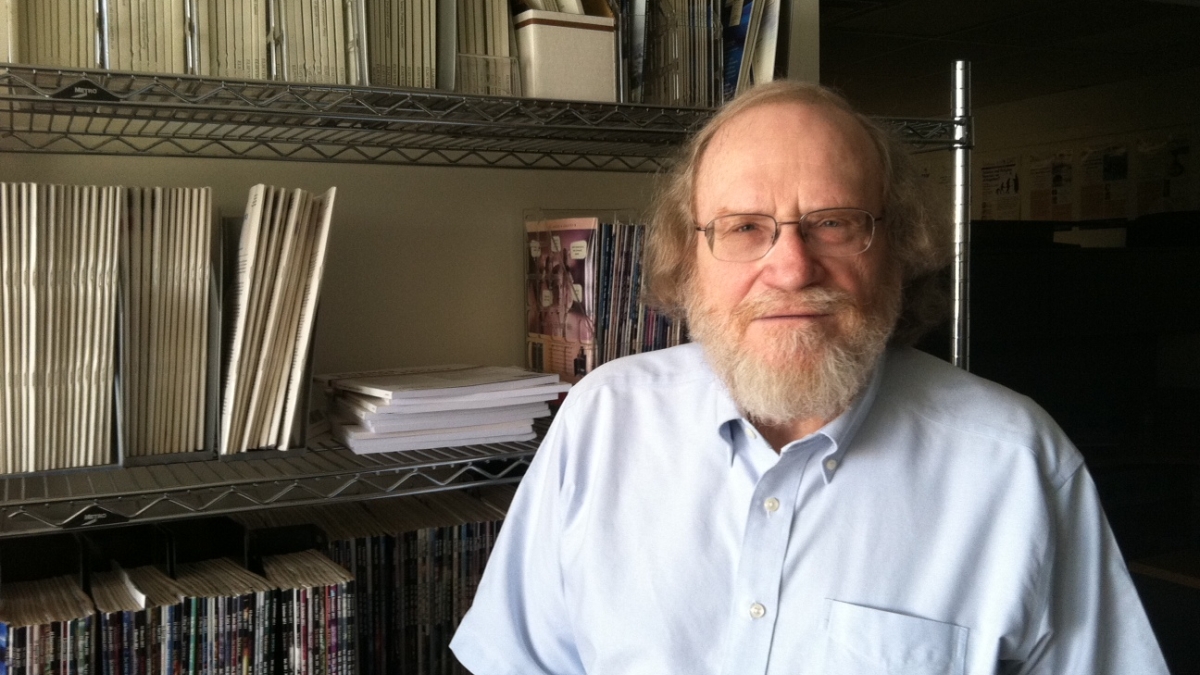Lincoln Professor receives national award from peers

Joseph R. Herkert, a Lincoln Associate Professor of Ethics and Technology in the School of Letters and Sciences, is on deck to receive a national award from his peers early next year.
Herkert will be recognized by the American Association for the Advancement of Science (AAAS) for distinguished scholarship, teaching and interdisciplinary research in the ethics of engineering and technology, and in the relationships among science, technology and society. The AAAS will make Herkert a Fellow and present him an official certificate and gold and blue rosette pin at its annual forum in Chicago, Feb. 15, 2014.
“I’m thrilled and honored because the AAAS is the foremost scientific organization in the United States, and their work in the area of ethics and public policy is among the best,” Herkert said. “Since these are my areas of expertise and interest and this is a peer group, to be honored by them is quite meaningful.”
The AAAS is the world’s largest general scientific society, and publisher of the journals Science and Science Translational Medicine. It was founded in 1848 and included 261 affiliated societies and academies of science, serving 10 million individuals. Science has the largest paid circulation of any peer-reviewed general science journal in the world, with an estimated total readership of one million.
“Professor Herkert has made significant contributions to the intellectual life of ASU,” says Fred Corey, dean and director of the School of Letters and Sciences. “He is a first-rate scholar in engineering ethics, and he has offered sustained insights into the social implications of information technology, as well as environmental policy. That he is receiving this level of recognition from his peers is certainly fitting and very much deserved.”
Herkert has been teaching engineering ethics and science, technology and society courses for more than 25 years. He is co-editor of “The Growing Gap Between Emerging Technologies and Legal-Ethical Oversight" (Springer 2011), editor of “Social Ethical and Policy Implications of Engineering: Selected Readings” (Wiley/IEEE Press, 2000) and has published numerous articles on engineering ethics and societal implications of technology in engineering, law, social science and applied ethics journals.
Herkert received his bachelor's in electrical engineering from Southern Methodist University and his doctorate in engineering and policy from Washington University in St. Louis. Despite all of his accomplishments, Herkert says his greatest joy remains teaching.
“I’ve always enjoyed teaching both technical and non-technical students, and challenging them to think critically about the role of science technology and engineering in the broader context of society,” Herkert said. “Hopefully, I’m also preparing my students to become better citizens, and in some cases, better leaders.”